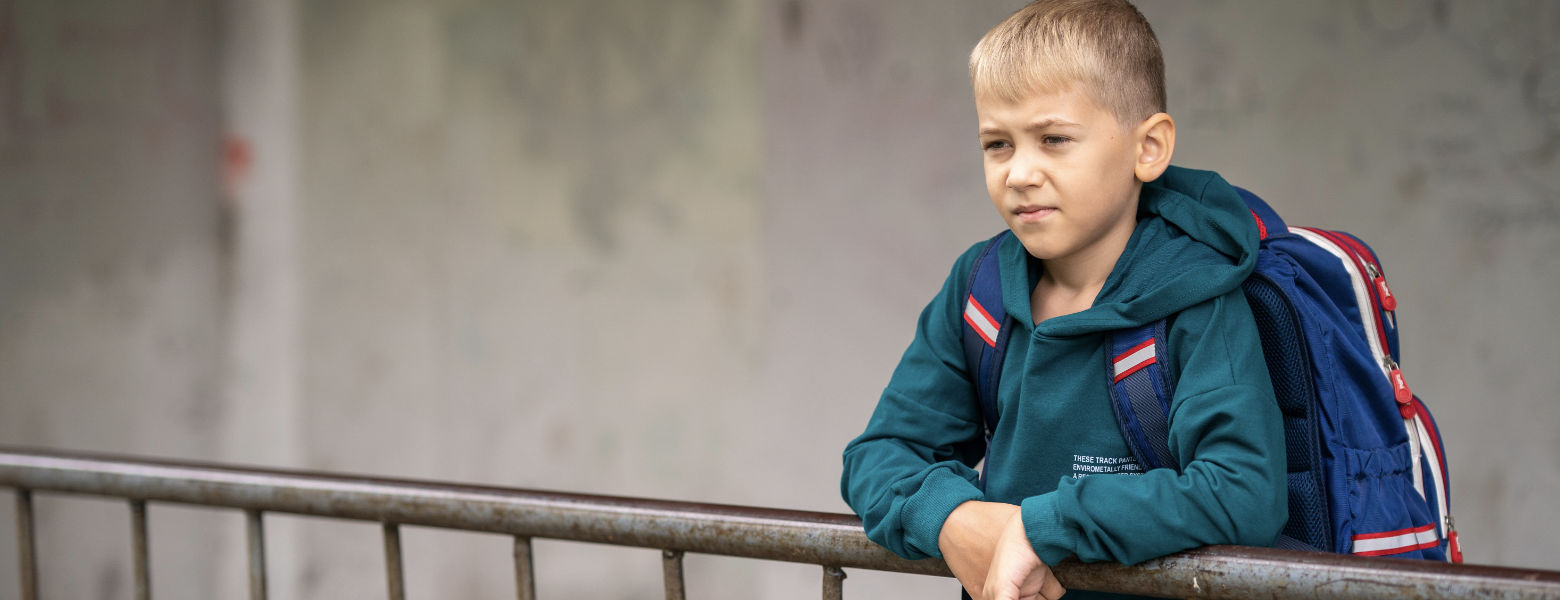In a country that prides itself on progressive values and world-class healthcare, over 15,000 children are currently waiting far too long for the disability assessments they are legally entitled to. These delays not only contravene the Disability Act 2005, which mandates assessments within six months, but they also reflect a broader crisis—one of systemic neglect, administrative inertia, and emotional exhaustion for countless families.
This is not just a numbers game. These are real children, real families, and real consequences. And for 14-year-old Cara Darmody, a young girl with no political agenda beyond justice for her siblings and others like them, the matter is urgent enough to sleep outside Leinster House in protest.
A System in Crisis
The current backlog for disability assessments in Ireland is staggering. Official figures show that over 15,000 children are waiting beyond the legal timeframe, with projections estimating the queue could balloon to 25,000 before year’s end. For parents navigating the challenges of autism, ADHD, or other developmental conditions, this delay is not just inconvenient—it’s life-altering.
Many of these assessments are essential for access to early intervention services such as speech and language therapy, occupational therapy, and educational support. The absence of timely assessments places these children at a significant disadvantage during their most formative years.
Cara Darmody: A Voice for the Voiceless
Cara Darmody, from Tipperary, has emerged as an unlikely but formidable figure in the campaign to address the issue. With her two younger brothers both living with autism, Cara is no stranger to the mental, emotional, and financial toll of delayed disability assessments. At just 14, she has spoken to the Dáil, appeared across Irish media, and most recently, conducted a 50-hour sleep-out protest outside Leinster House.
Her protest has gone viral, drawing widespread support and highlighting the severity of the problem. Speaking to The Irish Sun, Cara said:
“This is not a political campaign. This is about human rights. My brothers—and thousands of other children—have been denied basic services they are legally entitled to. Enough is enough.”
Her campaign on delayed disability assessments has forced ministers to respond, albeit unconvincingly. Minister of State Hildegarde Naughton, when questioned about the crisis on Ireland AM, struggled to provide concrete answers. Meanwhile, Taoiseach Simon Harris acknowledged the issue, stating it’s “not acceptable,” yet action remains elusive.
Why Early Assessment Matters
From a psychological perspective, early assessment and diagnosis of neurodevelopmental conditions is paramount. According to psychologist Dr. Becky Spelman:
“During delayed disability assessments, we miss the critical early window for intervention. This is when the brain is most malleable, and behavioural and therapeutic support can be most impactful. We’re not just talking about delays; we’re talking about missed opportunities that can alter the trajectory of a child’s life.”
Parents often report that by the time assessments are completed, their children have already been excluded from preschool or fallen behind in mainstream education. The ripple effects include heightened behavioural issues, parental burnout, and in some cases, breakdowns in family units.
What Is the State Doing?
Successive Irish governments have promised reforms, but implementation has lagged. The Disability Act 2005 was intended to guarantee timely assessments. However, data shows that only 7% of children received assessments on time in 2024.
The problem isn’t just funding—it’s structural. The assessment process is often siloed, under-resourced, and bogged down in bureaucracy. Health and social care professionals (HSCPs), including psychologists, speech and language therapists, and occupational therapists, are in short supply, often juggling unsustainable caseloads.
In response to public pressure, the HSE has proposed a new Progressing Disability Services model, aimed at integrating services across sectors. But critics argue it’s too little, too late.
The Cost of Inaction
The economic impact of delayed disability assessments is hard to quantify but undoubtedly enormous. Families often turn to the private sector, paying thousands out of pocket for reports, only to find that the HSE may not recognise them.
In the education system, teachers are left to support students without Individual Education Plans (IEPs) or Special Needs Assistants (SNAs), despite clear needs. This creates a compounding burden on teachers and impacts classroom learning for all pupils.
From a public health standpoint, the state may ultimately face higher costs in adulthood if these children are denied early interventions. Mental health issues, unemployment, and reliance on long-term social services are all more likely when developmental needs go unmet in childhood.
The Psychological Toll on Families
The mental health toll on families cannot be overstated. Parents report feelings of helplessness, frustration, and despair. Siblings often feel neglected. Children awaiting diagnosis may internalise behavioural struggles as personal failures, leading to anxiety, depression, or social withdrawal.
In her clinical experience, Dr. Spelman observes:
“Many of the parents I speak to describe a constant battle with the system. It’s emotionally draining, and often, they feel gaslit—told that their concerns are exaggerated or that they need to ‘wait and see.’ This only exacerbates feelings of isolation and hopelessness.”
Support groups and Facebook communities have become lifelines for many, offering peer support in the absence of meaningful state intervention.
Cara’s Campaign: A Turning Point?
Cara Darmody’s activism has captured the nation’s attention. But will it lead to real change? That remains to be seen. Her actions echo the climate of Ireland’s historical activism—citizen-led, emotionally resonant, and morally unignorable.
Her demands are simple:
- Clear, enforceable timelines for assessments
- Adequate resourcing of disability services
- Accountability for departments that fail to deliver
Public sympathy is certainly on her side. Social media has erupted in support. Celebrities, parents, and even opposition TDs have praised her courage.
But as with many grassroots campaigns in Ireland, momentum can fade quickly without political will.
How You Can Help
If you’re a parent, teacher, psychologist, or simply someone who cares about fairness and children’s rights, you can help keep pressure on those in power:
- Write to your local TD demanding action on the assessment crisis
- Share Cara’s story using the hashtag #JusticeForCara
- Support local advocacy groups like Inclusion Ireland and AsIAm
- Demand transparency in waitlist statistics and service provision
As Dr. Spelman concludes:
“Mental health isn’t just about clinics or diagnoses. It’s about dignity, access, and the right to thrive. These children have waited long enough. It’s time we stopped treating this like a bureaucratic backlog and started treating it like the emergency it truly is.”
Final Thoughts
Ireland finds itself at a crossroads. We can choose to uphold the rights of our most vulnerable, or we can allow inertia and bureaucracy to dictate their futures. Cara Darmody has made her choice—standing in protest, not for herself, but for the thousands of children whose voices have been drowned out by excuses.
Now, the question is: will Ireland listen?
















